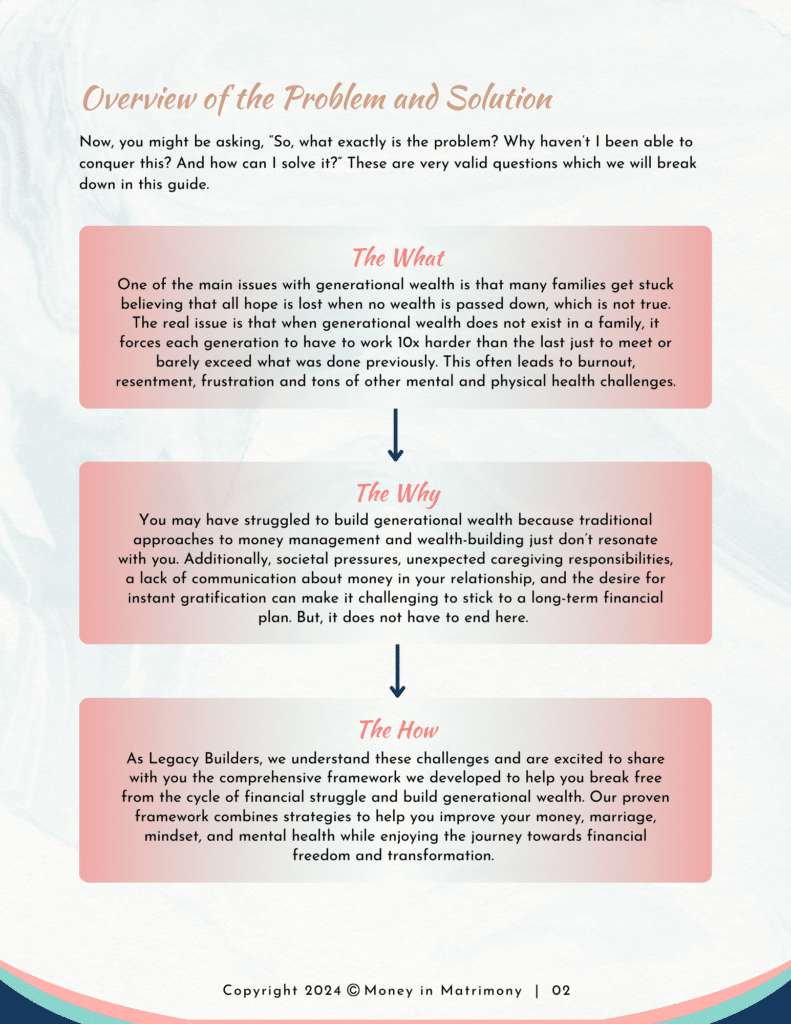Love & Money: 8 Proven Tips to Keep Newlywed Finances Strong
This post may contain affiliate links which means that I will receive a small commission for purchases made through those links, at no cost to you.
Guest Post by Kristin Louis
So, you just got married. The wedding is over, the thank-you notes are (mostly) sent, and the honeymoon glow hasn’t quite faded yet. Now, reality sets in. You’re building a life together—not just emotionally, but financially. And let’s be honest: money can be a huge source of stress in a marriage if you’re not on the same page. But it doesn’t have to be. In fact, with the right approach, handling your finances as a couple can actually bring you closer.
Here’s 8 proven tips to keep newlywed finances strong!
Talk About Money Before It Becomes a Problem
If you haven’t had an honest conversation about money yet, now’s the time. Lay everything on the table—your salaries, debts, spending habits, and financial goals. Are you a saver while your spouse is a spender? Do you want to buy a house in five years, or are you more focused on traveling the world? Avoiding money talks won’t make financial stress disappear. The more open and upfront you are now, the fewer surprises you’ll face down the road.
Build a Budget That Feels Right for Both of You
The word “budget” can feel restrictive, but it doesn’t have to be. Think of it as a spending plan—a way to make sure you’re using your money intentionally instead of watching it vanish into random Amazon purchases. Start with the basics: income, bills, savings, and fun money. Yes, fun money. You don’t want to feel guilty every time you buy coffee or go out with friends. A realistic budget helps you live your life while still reaching your financial goals together.
Boost Your Earning Potential
Boosting your long-term earning potential often means leveling up your skills in a high-demand field, and going back to school can be a smart way to do it. Thanks to institutions that offer an online IT program, you don’t have to quit your job or put your life on hold to earn that next credential. Whether you’re looking to switch careers, climb the corporate ladder, or just increase your marketability, flexibility is key—but so is choosing the right school. Make sure any program you consider is accredited, offers competitive tuition, and provides real value in your field, because the goal isn’t just another diploma on the wall—it’s a stronger, more lucrative future.
Decide on Joint or Separate Bank Accounts (Or Both)
There’s no one-size-fits-all answer here. Some couples combine everything, others keep their accounts separate, and many choose a hybrid approach—one joint account for shared expenses and separate accounts for personal spending. The key is to find a system that works for you both. If one of you earns significantly more than the other, splitting everything 50/50 might not feel fair. Instead, consider contributing a percentage of income to shared expenses so it feels equitable.

Tackle Debt as a Team
Debt can be a touchy subject, but ignoring it won’t make it disappear. Whether it’s student loans, credit cards, or a car loan, it’s now part of your shared financial picture. That doesn’t mean you’re automatically responsible for your spouse’s debt, but it does mean you should work together to manage it. Prioritize high-interest debt first, explore refinancing options if it makes sense, and create a realistic payoff plan. Supporting each other through this process can make a huge difference.
Start an Emergency Fund
Life happens. Cars break down. Jobs are lost. Medical bills pop up out of nowhere. An emergency fund is what keeps these surprises from turning into full-blown financial disasters. Aim for at least three to six months’ worth of living expenses, but don’t stress if that feels impossible right now. Even setting aside a little each month builds a financial cushion over time. The important thing is to start.
Think Long-Term, Even If Retirement Feels Light-Years Away
Retirement might seem like a distant concept when you’re just starting your life together, but the earlier you start saving, the easier it will be. Take advantage of employer-sponsored retirement plans, especially if there’s a company match (free money is free money). If you’re self-employed, look into IRAs or other retirement options. Time is your biggest asset when it comes to investing, and starting now will lead to a more solid financial future.
Make Big Purchases a Mutual Decision
One of the fastest ways to create financial resentment in a marriage is for one person to make major purchases without discussing it first. A $20 impulse buy? Fine. A $2,000 surprise? Not so much. Set a threshold for when you’ll check in with each other—maybe it’s anything over $200 or $500, depending on your budget. The point isn’t to ask for permission, but to make sure you’re both on board with how your money is being spent.
Conclusion
If you and your spouse could still use some guidance with your newlywed finances, consider reaching out to a financial professional. Schedule a consultation with an accredited financial coach, financial therapist or a trusted financial coach. Each of these professional can help you and your spouse discuss your financial goals, challenges, and any areas where you need guidance.
About the Author
Kristin Louis is a former advertising copywriter and has two rambunctious boys, 10 and 7 years of age. She created ParentingwithKris.com to share her experiences about the trials and tribulations of parenting.“
Ready to transform your financial future with your partner? Join the Legacy Builders Community and connect with other millennial couples who are breaking generational cycles and building lasting wealth together!








